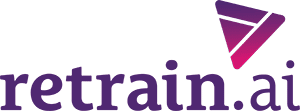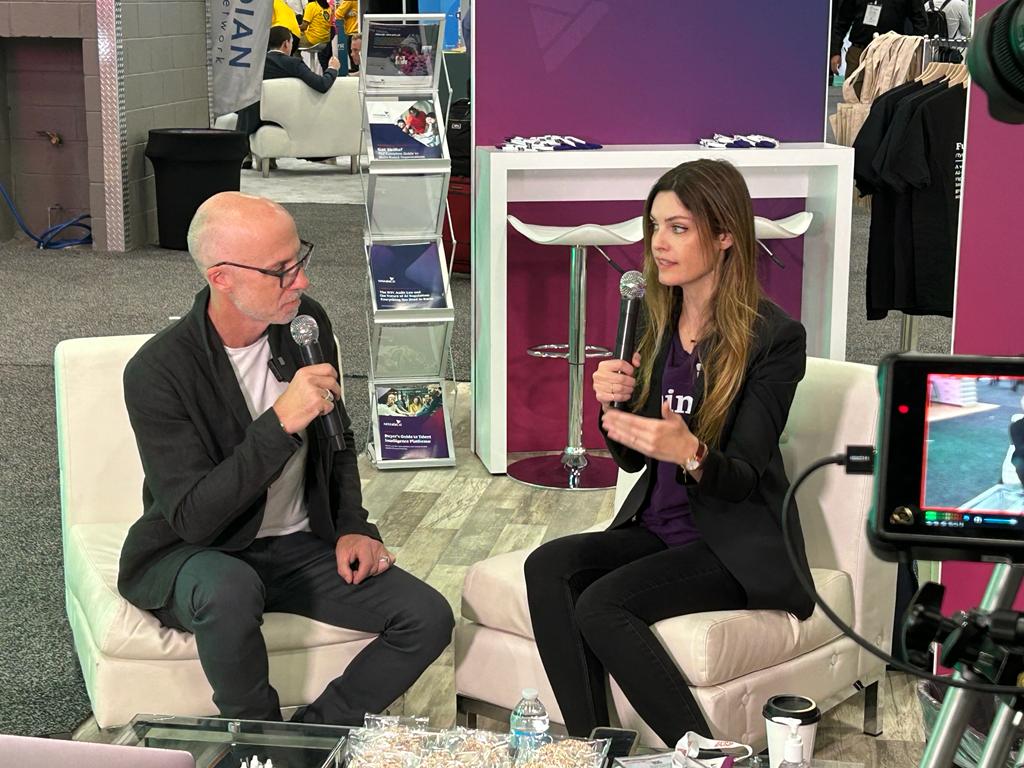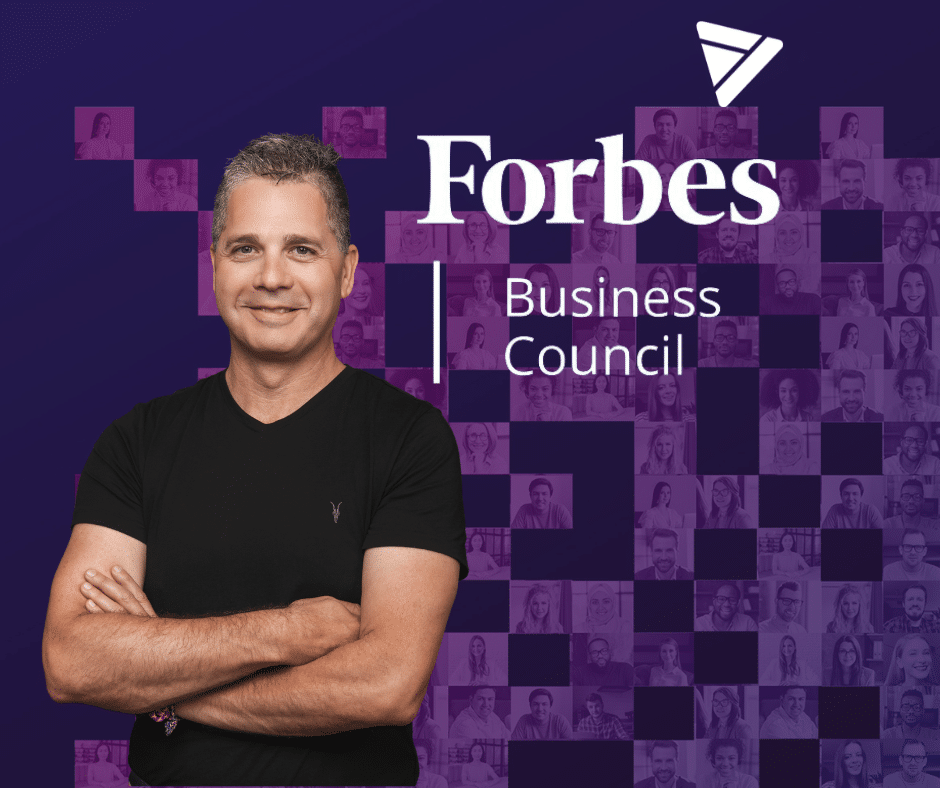This article originally appeared in Forbes.
In our last post, we examined the changing dynamic of today’s enterprise landscape, one in which employers are scrambling for talent while skilled candidates are in the driver’s seat. In outlining the needs of today’s workers, we highlighted recognition, purpose, career-path visibility and personalized development opportunities as core elements of employee retention. In this post, we’ll explore another critical element of professional satisfaction: the chance to grow through challenges and how employers can provide that opportunity.
To understand this, we must first understand flow theory.
Long considered one of the founders of positive psychology, Mihaly Csikszentmihalyi was the first to research, recognize and identify the concept of “flow,” describing it as the positive mental state of being completely absorbed, focused and involved in an activity for its own sake. It’s when the ego falls away, time flies and every action follows intuitively from the one before it. Akin to being “in the zone,” a person experiencing flow is immersed, using their skills to the utmost. Moreover, Csikszentmihalyi claimed, “The best moments in our lives are not the passive, receptive, relaxing times… The best moments usually occur if a person’s body or mind is stretched to its limits in a voluntary effort to accomplish something difficult and worthwhile.”
What if we can keep our employees in constant flow like elite athletes or top musicians?
Flow Theory And Talent Development
Given the human need to be both productive and challenged, HR innovators need to focus on constantly developing the skills of their employees through both formal training and repeated on-the-job learning. This doesn’t just boost employee engagement—it’s imperative for business. According to a recent Gartner TalentNeuron™ data analysis, the number of skills required for a single job is increasing by 10% year over year, while many skills become irrelevant after just three years. To stay ahead of the curve, skills development must be relevant, fast, effective and ever-present.
Today’s workforce agrees. As we outlined in our previous post, those in the new employee-centric workforce emphasize the importance of recognition, purpose and career-pathing in best-fit positions. Individualized talent mapping reinforces an employer’s commitment to keeping employees “in the zone.” This means employees are less prone to the anxiety of being in over their heads—like in a project for which they lack the skills—or, in contrast, the complacency of being overqualified for a role, which could lead to apathy.
Achieving and maintaining a state of flow benefits all: The individual is provided an atmosphere in which they can thrive, while the enterprise benefits from an engaged, fulfilled employee who keeps learning.
Talent Development And Upskilling
The traditional upward, linear career path of yesteryear is outdated. Today’s skilled workers are less inclined to dutifully follow a career course set before them and are more driven to blaze their own trail based on professional and personal priorities. In fact, according to a recent Gartner survey referenced earlier, 69% of HR executives report increased pressure from employees to provide development opportunities that will prepare them for future roles. For employees looking for a healthy dose of challenge through which to grow professionally, a two-day professional development event offsite once per year or a coupon to some online course just doesn’t cut it.
A traditional corporate learning marketplace used by many employers is a good start, but it can be overwhelming for anyone who isn’t quite sure what training best fits their goals; as such, it is likely to be underutilized. To keep ambitious employees in a state of flow, HR leaders must be proactive. Maintaining a clear job architecture and tracking organizational and individual skills enables HR innovators to proactively identify best-fit options as well as potential roles achievable through both formal and informal learning and development.
Whether focusing on internal mobility, succession planning, gig opportunities or other workforce strategies, providing an end-to-end workforce upskilling experience is an effective way to provide a career road map for employees. More than opening doors for employees, such initiatives walk them through the door and point the way, empowering employees to remain in the zone by finding the right balance. Enterprises that create such an environment are best positioned for future success.
retrain.ai is a Talent Intelligence Platform designed to help enterprises hire, retain, and develop their workforce, intelligently. Leveraging Responsible AI and real-time labor market data, enterprises unlock talent insights and optimize their workforce effectively to lower attrition, win the war for talent and the great resignation in one, data-driven solution. To learn more book a demo.










